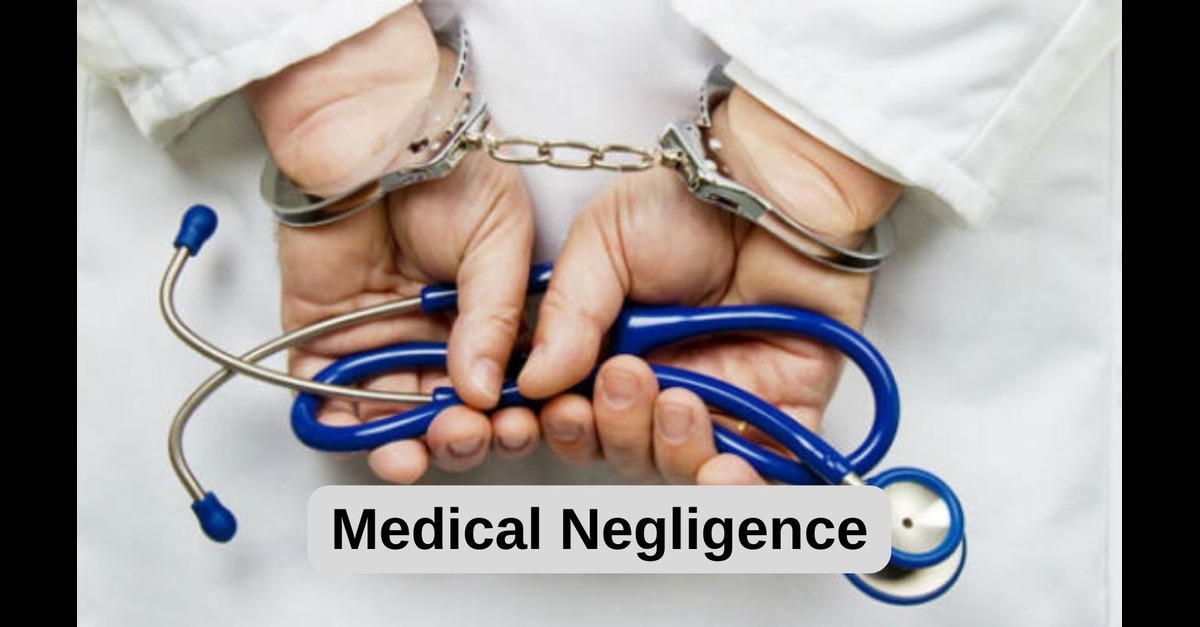INTRODUCTION
In a landmark judgment, the Supreme Court of India has imposed a penalty of Rs 3.5 lakhs on a surgeon for medical negligence while performing cataract surgery. This is highly significant in terms of the judiciary’s commitment toward patient rights and accountability in the practice of medicine.
BACKGROUND
As a patient suffering from cataract in the right eye, the Appellant, on 11 January 1999, approached the Respondent, who is an eye surgeon in Pune. Soon enough, following surgery complications occurred, including severe pain, sticky discharge, and the patient eventually loses sight completely from the operated eye. Thereafter, even after numerous visits after surgery, the Appellant was told by the Respondent that the surgical outcome was quite a success and that painkillers and eye drops would suffice to treat the condition without addressing the original problem.
When the situation worsened further, the Appellant consulted other doctors and received a diagnosis for septic infection (endophthalmitis), the consequence of which ended with irreversible damage to the eye. The eye underwent another operation in a military hospital, where the eyeball was saved cosmetically, but vision was lost forever. This is the basis of the complaint and the subsequent proceedings claiming negligence.
KEY POINTS
- Adherence to Protocols: For a doctor, it is compulsion to follow surgical and post-operative protocols strictly to avoid risk and liability.
- Documentation: It must be stressed that maintenance of procedural and patient interaction and consent documentation becomes a salient aspect of the defense against negligence.
- Continuing Education Requirement: Updated regular improvement of skills and knowledge adapted with time to meet advancing standards of care.
- Knowledge of Rights: Patients should be made aware of their rights to redress about medical negligence through consumer forums and courts.
- Informed Consent: The judgment speaks to informed consent, further assuring that patients do know the outcome of what may go wrong before any medical procedure.
RECENT DEVELOPMENTS
After considering evidence and experts’ testimonies, the Supreme Court also upheld NCDRC’s findings and declared that the surgeon had deviated from the standard protocols for cataract surgeries. The judgment noted that the procedure failed to obtain reasonable care given to the patient and directly harmed that patient.
The bench pointed out the importance of following established medical protocols and said thus, “Medical professionals owe a duty of care to their patients. Any breach from accepted standards especially in delicate procedures like cataract surgery can lead to very serious consequences.”
The Supreme Court said the acts of the surgeon are a breach of due care. In evidence were brought expert medical opinions that pointed out procedural lapses, where they were found lacking in sterilization and improper post-operative care. All of this contributed to complications that the patient was facing, which eventually led to partial loss of vision in one eye.
As compensation for the patient’s woes and medical bills, the same Court sentenced the surgeon to pay Rs. 3.5 lakh as a punishment for grievous negligence. This amount has been imposed not only as punishment but also as a deterrent from recklessness in the profession. The judgment reiterated that patients are entitled to the standard of care and all deviations causing injury will have legal consequences.
CONCLUSION
This judgement by the Supreme Court is thus likely to echo in the medical community with a ringing admonition that standard procedures must be followed. It will also give confidence to the patients that their voices will be heard without any prejudice and will be decided by just means. This landmark judgement not only attaches a stake to medical practitioners but also revives faith in healthcare and judicial systems. The decision lays down that even though medical practitioners are deeply respected, they are not above the law when it comes to fulfilling their duty of care.
“PRIME LEGAL is a full-service law firm that has won a National Award and has more than 20 years of experience in an array of sectors and practice areas. Prime legal falls into the category of best law firm, best lawyer, best family lawyer, best divorce lawyer, best divorce law firm, best criminal lawyer, best criminal law firm, best consumer lawyer, best civil lawyer.”
WRITTEN BY: SHAKCHI VERMA


